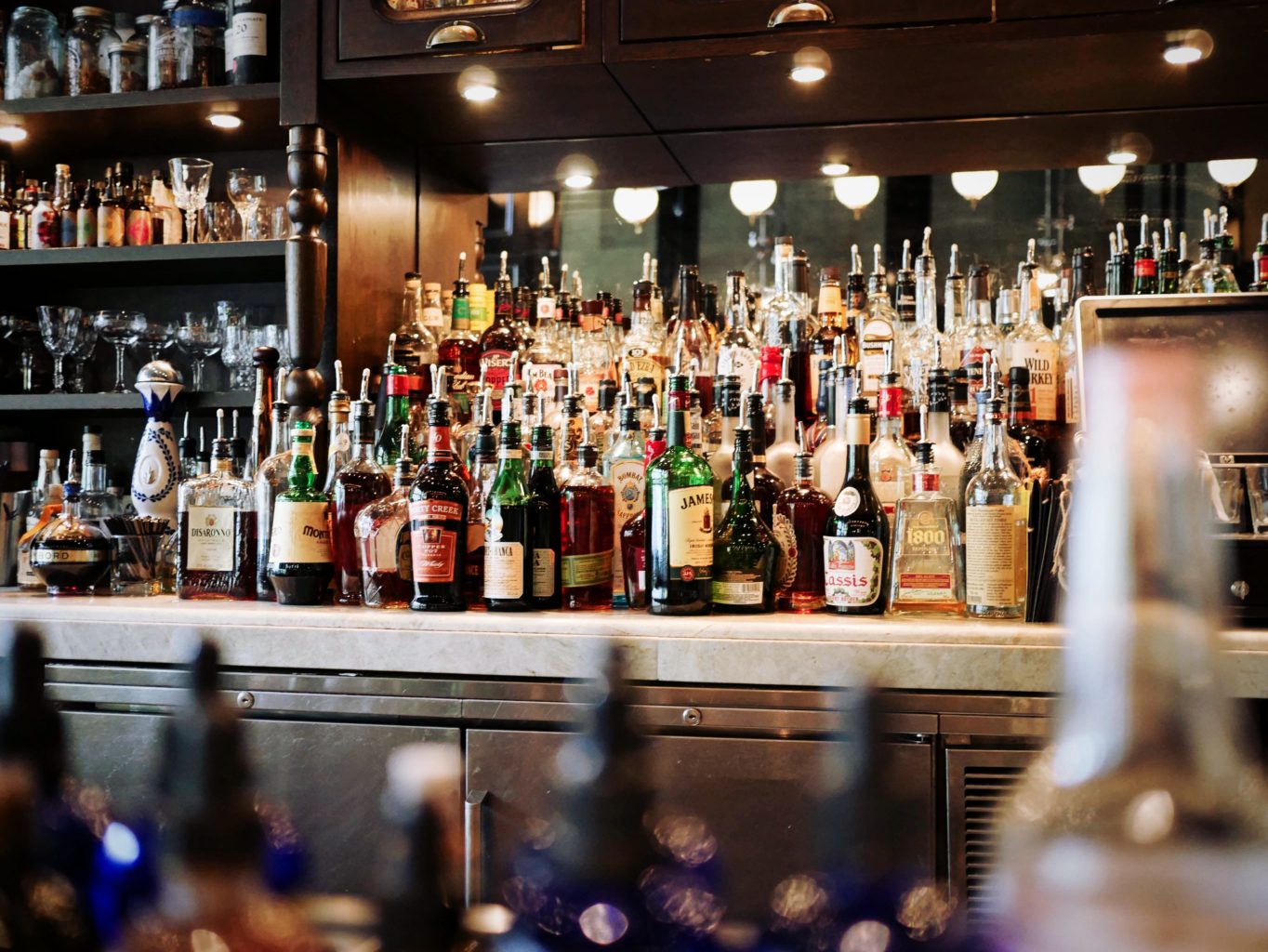A little ‘Dutch courage’ might help you study
Every year, students everywhere try to cram in as much information as possible during last minute study sessions for their exams, and yet we’ve all experienced a mind-blank when trying to recall information. It seems no matter how many brain-training apps we use, or superfoods we eat, our memory still often fails us when we need it most. But could the answer to improved memory be alcohol?
A new study carried out at the University of Exeter has found that drinking alcohol can improve the recall of learning that occurs prior to alcohol consumption, with the greater the amount of alcohol consumed, the stronger its effect on memory. Previous research has revealed that alcohol prevents the brain from forming new memories, and thus senior study author and Professor of Psychopharmacology at the University of Exeter, Celia Morgan, suggested that “the hippocampus – the brain area really important in memory – switches to ‘consolidating’ memories”.
The University of Exeter has found that drinking alcohol can improve the recall of learning that occurs prior to alcohol consumption…
However, Morgan also highlighted that their findings should be weighed up against the negative consequences of alcohol on memory, as well as physical and mental health. “Since alcohol is the most popular recreational drug worldwide, with an estimated 38.3% of the global population currently using it, investigating the naturalistic effects of alcohol is important in assessing the harms and potential benefits of this substance”, notes Professor Morgan.
Although this is not the first study to observe that alcohol can improve information recall, it is the first to demonstrate these findings in a “naturalistic setting” – i.e. outside the laboratory and in the participants’ own homes. The study involved 88 social drinkers (31 males and 57 females) aged between 18 and 53, who were randomly assigned into two groups: the alcohol group and the sober group. All participants were asked to take part in a word-learning task, they then had their first test of recall, after which the alcohol group participants were invited to drink as much alcohol as they wished. The following morning, approximately 18 hours after the learning task, all participants undertook a second test of recall. The results of this test revealed that performance in the second test was better than that of the first test for the alcohol group only, with the sober group having no overall improvement in information recall.
The research not only showed that the group that drank alcohol did better when repeating the word-learning task but that the effect was stronger among those who drank more…
The research not only showed that the group that drank alcohol did better when repeating the word-learning task, but that the effect was stronger among those who drank more. The researchers suggested that perhaps the reason for memory improving more with more alcohol consumed is that alcohol creates a state in the brain which allows cellular and system consolidation as the amount of alcohol consumed increases.
The participants also underwent a second experiment, during which the learning task (memorising images on a screen) took place under the influence of alcohol. After the learning task, participants performed the first image recall test and shortly after were asked to go to bed. The second test of image recall took place the next morning, shortly after the word-learning recall test from the first experiment. The results of the second experiment revealed that there was no significant improvement in recall between the two tests of the alcohol group, thus Professor Morgan and team concluded that their findings “support the notion that alcohol can facilitate for previously learned information”. Despite this, relying on alcohol to help you get through your degree probably isn’t the best idea!

Comments (1)
Dear Ms Winter,
My frustration that no-one involved me in this sort of research, when I was at University, is tangible. But to enhance the credulity of this work, and to give it a chance of publication in the BMJ, rather than the Rag-Mag, I feel that more research is required. So I offer myself as a subject for the next round.
Some background on the amounts consumed by each individual correlated with the changes in performance, would have been useful, together with the usual drinking habits of each participant.
E.g. a Fresher drinking half a pint of ‘Old Rosie,’ could easily lead to conniptions, but I know for a fact the few Lecturers can face a class of eager, beaming faces, without a serious belt of 38 degrees proof, and many of their “water” glasses are charged with the finest week-old moonshine – I know mine was.
On a more serious not, I would be interested to know if any research has been done on the performance- enhancing properties of Modafinil. This is a mild stimulant, which has useful medical properties, but is reputedly voguish among the more clued-in of the “more-results, less-actual-work” type of student.